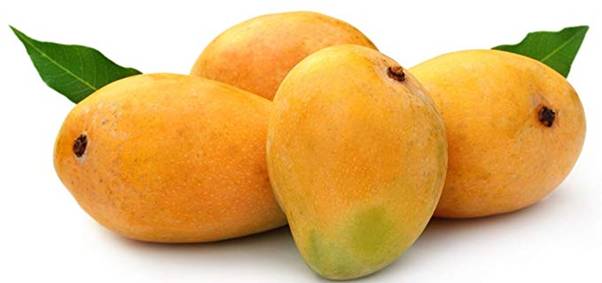Pune: Israel-Palestine Conflict Disrupts Mango Exports, Air Traffic Strain Leads to 25% Rise in Airfares

Pune, 24th April 2024: Due to the Israel-Palestine conflict, sea exports have come to a halt, leading to a significant strain on air traffic as all exports are now being routed through air transportation. There has been a substantial increase in air traffic, causing airfares to rise by an average of 25 %. Despite exporters being willing to pay higher rates, the Maharashtra State Agricultural Marketing Board officials have indicated that the expected mango export quotas are not being allocated by the air transport companies.
This year, mango production in Maharashtra is robust, with an abundance of export-quality Alphonso (Hapus) mangoes. A substantial increase in exports was anticipated, with the Marketing Board setting a target of exporting 5,000 tonnes of mangoes. However, achieving this target appears challenging. By the end of April 23, only 625 tonnes of mangoes had been exported from the Export Facilitation Center at Vashi, significantly below the expected 1200 tonnes. Last year, despite lower Hapus production, 850 tonnes of mangoes were exported to the US alone. Despite favourable export conditions and mango availability, exports have declined sharply, primarily due to the disruptions caused by the Israel-Palestine conflict.
Sanjay Pansare, a fruit trader in the Mumbai Agricultural Produce Market Committee, highlighted a significant demand for mangoes from America this year. However, transportation issues are posing challenges. While perishable agricultural goods are expected to receive priority from air transport companies, non-perishable goods are currently being prioritized. Despite this, Maharashtra boasts a good supply of exportable mangoes. Pansare expressed optimism that if air transport companies cooperate, mango exports can still experience rapid growth.
As of April 23, approximately 625 tonnes of mangoes have been exported from the Export Facilitation Center at Vashi. Of this, 400 tons have been exported to Britain, 200 to America, and 15 tons each to Australia, New Zealand, with three tons to Japan. The export season, which commenced on March 1, will continue until June 30. Specifically, exports to America, initiated on April 10, will continue until June 28, while exports to South Korea are scheduled to commence on April 28. Hapus mangoes account for the largest share of mango exports, making up 60 %, followed by mangoes of Gir Kesar, Banganapalle, Badami, and other varieties. Additionally, the export of Gir Kesar from Gujarat is set to commence by the end of April.
The Israel-Palestine conflict has had a significant impact on exports, with airfares rising by 25 %. Despite exporters being willing to pay higher rates, mangoes are not receiving export quotas from airlines. Despite favorable production levels of Hapus and other mango varieties this year, the conflict has dampened export prospects. Sanjay Kadam, Managing Director of the Maharashtra State Agricultural Marketing Board, noted that two farming companies are also engaged in mango exports.





